Empowering Growth Through Neuro-Linguistic Programming
As a licensed mental health professional and integrative therapist, my objective is to offer clients the most effective and evidence-based techniques for addressing their mental health and personal development needs.
One such approach to therapy that I utilise in my practice is Neuro-Linguistic Programming (NLP). Through various NLP training techniques, clients experience significant improvements in communication, personal growth, and overall well-being.
The effectiveness of NLP as a form of psychotherapy is well-documented, making it a valuable tool in my therapeutic repertoire.
What is NLP Therapy (Neuro-Linguistic Programming)?
Neuro-Linguistic Programming (NLP) is a method of personal development and communication developed by Richard Bandler and John Grinder in the 1970s. NLP is based on the premise that an individual’s thoughts, emotions, and behaviours are influenced by how they perceive and process their experiences. By using specific neuro-linguistic programming techniques, NLP aims to help individuals achieve their desired outcomes and enhance their overall well-being. In my practice, NLP is used as a treatment to understand and change patterns of thought, language, and behaviour. During a session of NLP, clients can expect to explore these patterns and work towards personal growth and positive change.
Looking for more information about how an NLP practitioner can help? Read our blog today.


Why I am an NLP Practitioner
As a licensed mental health professional and NLP therapist, I have chosen to incorporate NLP into my practice because of its potential to facilitate personal growth and improve communication skills. NLP offers a flexible set of tools and techniques that can be tailored to each client’s unique needs and goals. Additionally, NLP is a solution-focused approach, which aligns well with my commitment to helping clients achieve meaningful change in a time-efficient manner.
NLP helps clients by providing them with practical tools and techniques to use NLP effectively. This approach facilitates positive change and supports successful therapy outcomes. Through these methods, NLP can help individuals achieve their personal and professional goals.
Enhance self-awareness:
NLP fosters a deeper understanding of one’s own thought patterns, emotions, and behaviours, enabling clients to recognise areas for improvement. By acknowledging that everyone has a personal map, NLP helps increase self-awareness and provides techniques to reframe perspectives, effectively addressing various mental health issues.
Set and achieve goals:
By clarifying values and objectives, NLP helps clients establish realistic and attainable goals, providing a clear path toward personal growth and success.
Improve communication:
NLP techniques can enhance both verbal and nonverbal communication skills, leading to better relationships and more effective interactions with others.
Manage emotions:
Clients learn to recognise and regulate their emotional responses, leading to greater emotional intelligence and resilience.
Develop resourceful states:
NLP helps clients identify and access their internal resources, enabling them to overcome obstacles and achieve their desired outcomes.

What NLP Does
Through the use of NLP, clients can expect the following outcomes:
Get in Touch Today
As an integrative therapist & NLP practitioner, my dedication lies in providing my clients with the most effective and evidence-based treatments to support their mental health and personal development.
Neuro-Linguistic Programming (NLP) has proven to be a powerful tool in fostering personal growth, improved communication and enhanced well-being.
By incorporating NLP into my practice, I am confident in my ability to help clients achieve lasting change and growth in their lives.

Frequently Asked Questions
Neuro-Linguistic Programming (NLP) Therapy is a personal development and communication methodology developed in the 1970s by Richard Bandler and John Grinder. It is based on the idea that thoughts, emotions, and behaviours are shaped by how experiences are perceived and processed. In NLP therapy, clients work with a trained practitioner to explore patterns of thought, language, and behaviour, using targeted techniques to foster personal growth and positive change. Sessions may include strategies to reframe perspectives, enhance self-awareness, and improve communication skills. By understanding and reworking individual “maps” of experience, NLP empowers individuals to achieve their desired outcomes and enhance overall well-being.
NLP offers solution-focused strategies that help clients clarify their values and establish realistic, achievable goals. Utilising NLP techniques, individuals learn to break down their ambitions into manageable steps and develop a clear path to personal growth and success. Clients also gain practical tools to access internal resources, overcome obstacles, and sustain motivation during challenging times. By improving both verbal and nonverbal communication skills, and fostering greater emotional intelligence, NLP facilitates more effective relationships and decision-making. These skills support lasting change, allowing individuals to reach their professional and personal potential.
NLP Therapy is highly versatile and can support various mental health and personal development needs. Clients often seek help for anxiety, stress, emotional management, and communication difficulties. NLP enhances self-awareness, helping individuals to identify and adjust unhelpful patterns of thinking and feeling, while equipping them with specific tools for emotional regulation and resilience. The therapy also benefits those wishing to boost confidence, improve relationships, and set strategic goals. Sessions are tailored to each client’s unique circumstances, making NLP suitable for addressing a wide range of issues, from general well-being to targeted professional or personal growth.
Climate Pledge
I unite in the fight against climate change. My climate pledge is to conduct 50% of my sessions online to reduce my business carbon footprint and to support our beautiful planet. Rather than get in a car and travel, we can meet online and reduce our energy usage. Use the extra time to enjoy nature.





